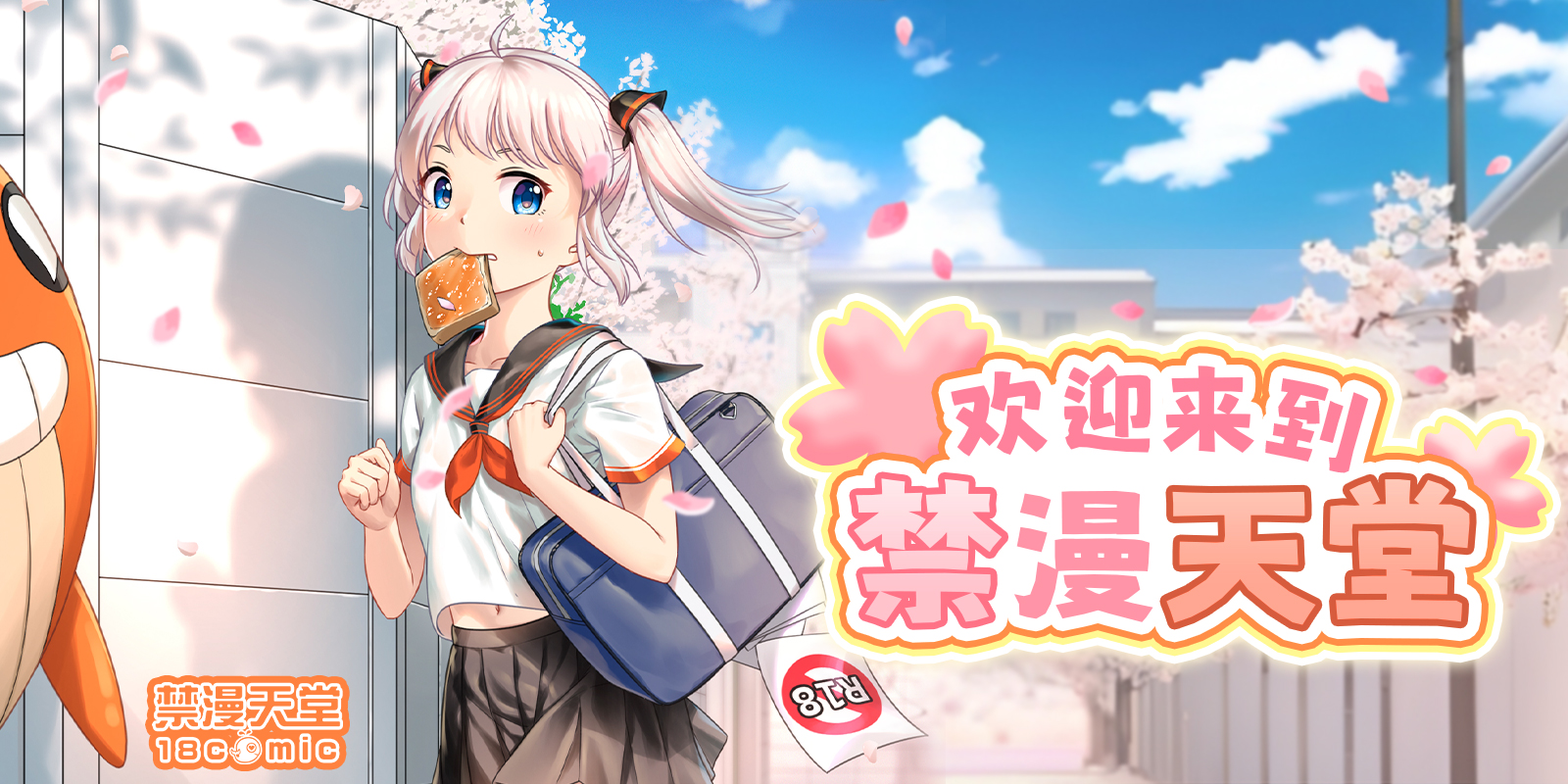I Paid Japanese People to Read IMPOSSIBLE KANJI [JP Subs]
SRT: https://drive.google.com/file/d/1LR7mup9B44vwCSoP0p4hzfbO27y65fb6/view?usp=sharing
Important vocab in this video (EN):
ゆったり (Yuttari) – Relaxed, leisurely; used to describe the meaning of the kanji "くつろぐ" (to relax or take it easy), emphasizing a state of calm or unwinding in a comfortable setting.
文字 (Moji) – Character, letter; frequently mentioned in the context of reading and interpreting kanji characters in the quiz, central to the challenge of identifying difficult kanji.
創作漢字 (Sōsaku kanji) – Invented kanji; brought up as a speculative guess when participants encountered unfamiliar or complex kanji, questioning if they were newly created.
水中 (Suichū) – Underwater; referenced when participants speculated about the kanji for "とても" (written as 迚), mistakenly associating its components, including the 之繞 (しんにょう) radical, with water-related imagery due to visual similarity or misinterpretation.
之繞 (Shinnyō) – The kanji radical meaning "movement" or "path" (commonly called しんにょう); mentioned when participants tried to break down the kanji for "とても" (迚), incorrectly linking its radical to water or other meanings during guesses.
飲み込む (Nomikomu) – To swallow, to take in; used metaphorically when guessing the kanji for "なめくじ" (slug), with participants imagining an animal that consumes or engulfs.
しゃりしゃり (Sharishari) – A crisp, rustling sound (onomatopoeia); mentioned as an example of an onomatopoeia during the discussion of the kanji for "ズタズタ," helping clarify the concept of sound-based words.
記憶力 (Kiokuryoku) – Memory, memorization ability; highlighted when a participant correctly recalled the rare kanji "いこみき," attributing their success to strong memory skills.
音読み (Onyomi) – The Chinese-derived reading of kanji; brought up when participants struggled with kanji readings, noting they only knew the onyomi rather than the correct kunyomi (e.g., for "くつろぐ").
覚える (Oboeru) – To memorize, to learn; emphasized in the context of learning kanji and as advice for foreigners wanting to improve their Japanese, suggesting that memorizing hiragana and words aids kanji understanding.
Important vocab in this video (JP):
ゆったり (ゆったり) – ゆったりとした、リラックスした状態。「くつろぐ」(リラックスする)の意味を説明する際に使われ、落ち着いた快適な状態を強調。
文字 (もじ) – 文字、漢字。クイズで漢字を読み解く際に頻繁に言及され、難しい漢字を特定する挑戦の中心。
創作漢字 (そうさくかんじ) – 新しく作られた漢字。知らないまたは複雑な漢字に直面した際に推測として出てきた言葉で、漢字が創作されたものかどうかを疑う。
水中 (すいちゅう) – 水の中。「とても」(迚)の漢字を推測する際に、之繞(しんにょう)の部首を含む構成要素を、視覚的な類似性や誤解から水に関連するイメージと関連付けられた。
之繞 (しんにょう, Shinnyō) – 「進む」や「道」を意味する漢字の部首(通称しんにょう)。「とても」(迚)の漢字を分解しようとした際に言及され、部首を水や他の意味と誤って結びつけられた。
飲み込む (のみこむ) – 飲み込む、取り込む。「なめくじ」の漢字を推測する際に比喩的に使われ、飲み込むような動物を想像した。
しゃりしゃり (しゃりしゃり) – シャリシャリという音(オノマトペ)。「ズタズタ」の漢字の議論中にオノマトペの例として挙げられ、音に基づく言葉の概念を明確にした。
記憶力 (きおくりょく) – 記憶力、暗記能力。参加者が珍しい漢字「いこみき」を正しく思い出した際に強調され、成功の要因として強い記憶力を挙げた。
音読み (おんよみ) – 漢字の中国由来の読み方。参加者が漢字の読み方に苦労し、「くつろぐ」などの正しい訓読みではなく音読みしか知らないと述べた際に言及された。
覚える (おぼえる) – 覚える、学ぶ。漢字を学ぶ文脈や、日本語を上達させたい外国人にアドバイスする際に強調され、ひらがなや単語を覚えることが漢字理解に役立つと提案された。






.gif)
.gif)
.gif)

.gif)
.gif)
.gif)
_1064.gif)


.gif)
.gif)

























